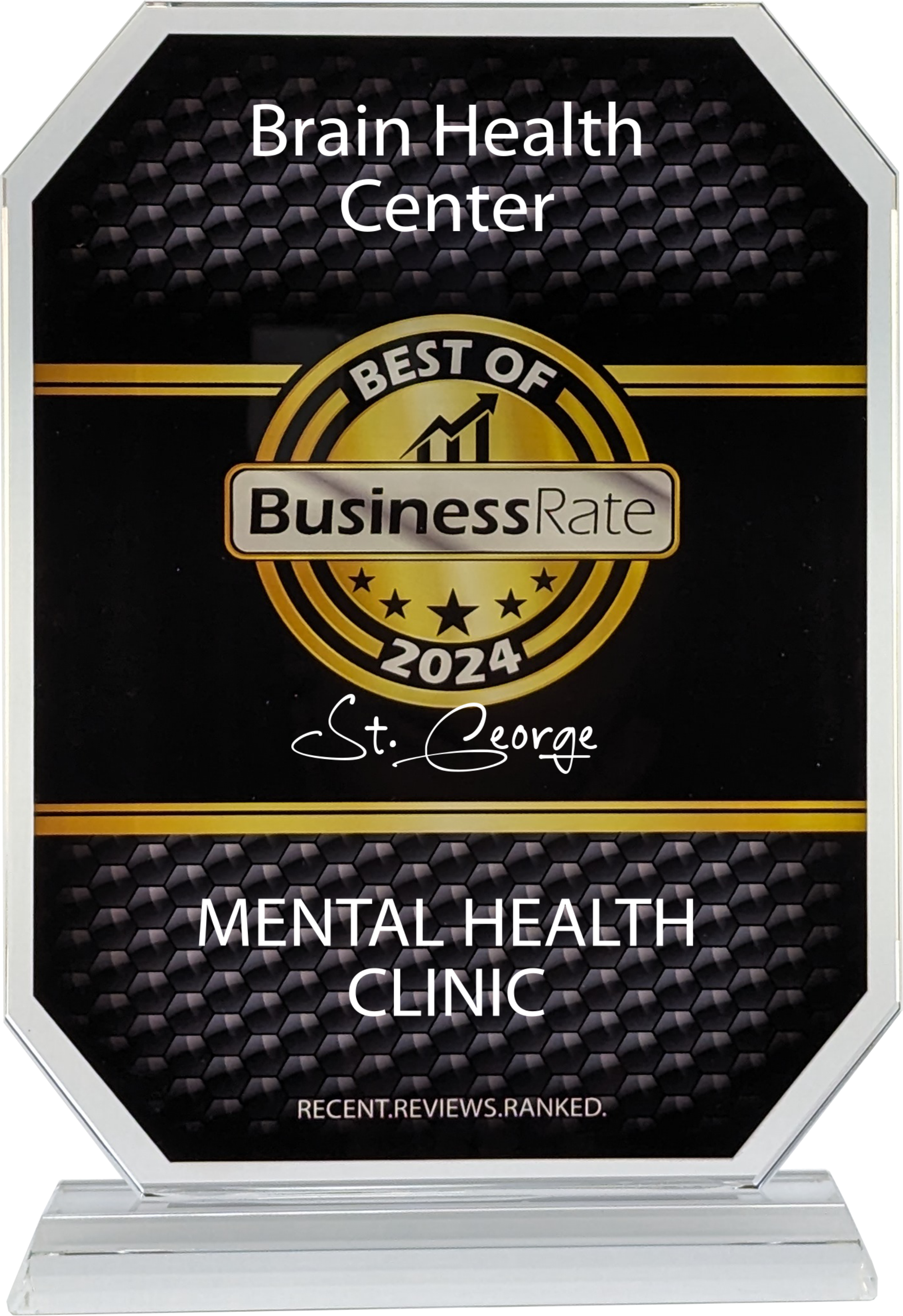Insomnia
What is insomnia?
Insomnia is a common sleep disorder that involves difficulty falling asleep, staying asleep, or both. When you have insomnia, you might find yourself lying awake for a long time before falling asleep, or you might wake up repeatedly during the night. Sometimes, even if you do get some sleep, it might not feel restful.
There are two main types of insomnia: acute and chronic. Acute insomnia is short-term and often comes about because of life circumstances — like stress about an upcoming event or jet lag. Usually, it resolves without treatment.
Chronic insomnia, on the other hand, is more long-term and persistent. We typically define it as having trouble sleeping at least three nights a week for three months or more. Various factors cause chronic insomnia, including stress, lifestyle choices, irregular sleep schedules, and mental health disorders like anxiety or depression.
One of the biggest issues with insomnia is how it affects your day-to-day life. It can lead to feeling tired or unrefreshed, which affects your energy levels, mood, health, work performance, and quality of life. It’s a bit like a cycle — poor sleep exacerbates stress and health issues, which in turn makes insomnia worse.
The good news is that you can improve insomnia with changes in sleep habits, lifestyle adjustments, and sometimes therapy or medication. It’s all about finding the root cause and tackling it.

Woman sitting at a table with a cup of coffee.
How TMS therapy helps with insomnia
Insomnia often ties back to issues in the brain, like imbalances in brain activity or neurotransmitters, especially in areas that regulate sleep and wakefulness.
TMS uses magnetic pulses to target specific areas of the brain. It’s non-invasive, meaning there’s no surgery or anything. You sit in a chair, and a device goes near your head. This device sends magnetic waves into your brain, nudging it toward more normal activity patterns.
For insomnia, TMS helps in a couple of ways. First, it stimulates underactive parts of the brain, which might contribute to your sleep issues. On the flip side, if overactivity in certain brain areas keeps you awake, TMS will help calm those areas down.
The process leads to better regulation of sleep patterns and improves the overall quality of sleep. It’s not like taking a sleeping pill, where you get an immediate effect. It’s more about gradually resetting and rebalancing the brain’s sleep-wake cycle.
Plus, TMS is great because it doesn’t have the side effects of some sleep medications. So, for people who’ve tried other treatments for insomnia without much success, TMS is a promising option.
Try TMS therapy with Brain Health Center
At Brain Health Center, we understand how debilitating insomnia affects every aspect of your life. That’s why we’re committed to providing personalized TMS therapy, targeting the specific brain areas involved in sleep regulation.
Don’t let another sleepless night affect your health and well-being. Contact Brain Health Center to learn more about how TMS therapy can help you overcome insomnia.
Insomnia treatment sessions range from 20 to 36 sessions, one treatment a day, Mon-Fri. Treatments are +/- 4 minutes in length.

It's Time To Heal
For many of our friends seeking wellness, TMS is an incredible solution. Get started now with our team.

